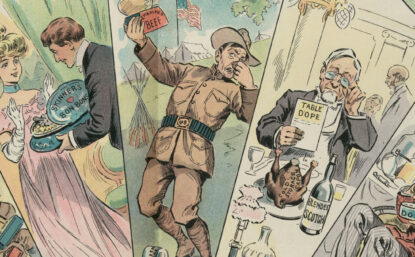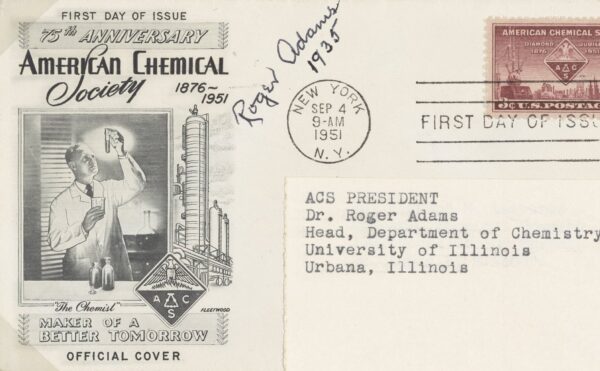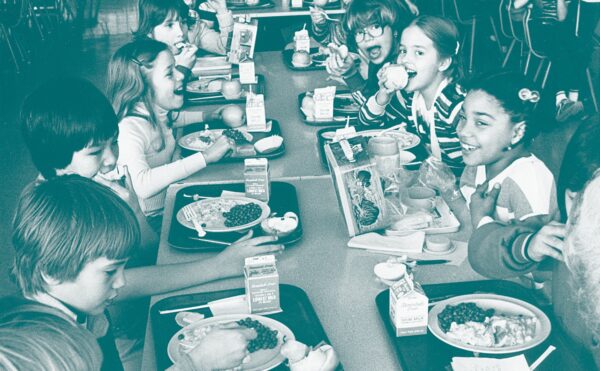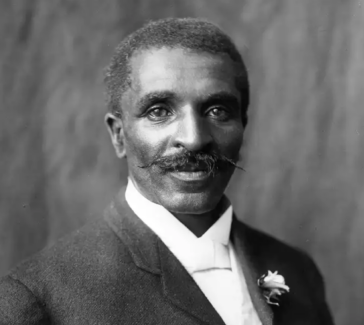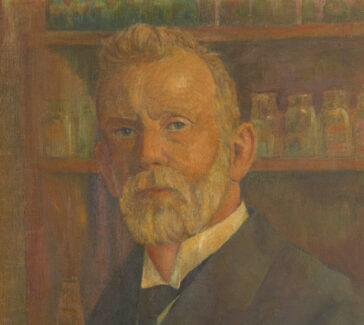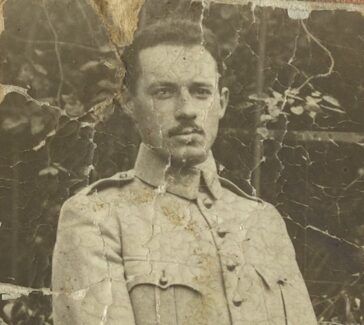Harvey Washington Wiley
An unceasing advocate of national pure food and drug legislation, Wiley dedicated his life to protecting public health.
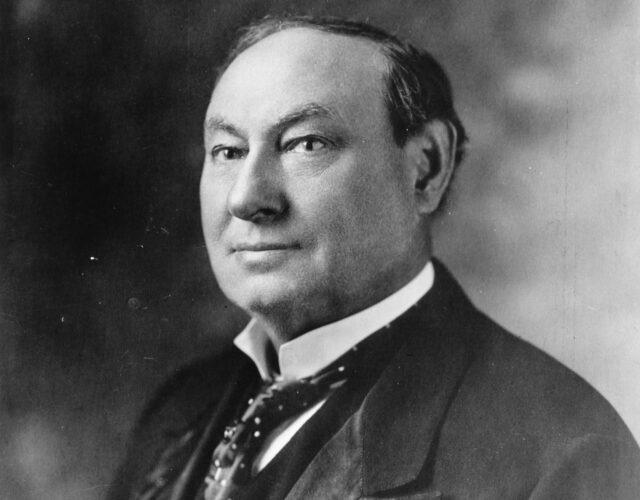
Through tactics like the “Poison Squad,” Harvey Washington Wiley (1844–1930) waged continuous warfare on adulterated foods and drugs. The result was the Pure Food and Drugs Act of 1906.
A pure food and drug bill would probably not have passed in 1906 without Wiley’s unceasing commitment. A doctor and a chemist, he recognized early the need to regulate the adulteration of food and later joined the crusade for pure drugs.
Path to the USDA
Wiley was born on the family farm near Kent, Indiana. Until 1863, when he decided to enroll at Hanover College, he (like his parents) had little formal education—only five winters of instruction.
In 1865, after serving in the Civil War, Wiley returned to Hanover to complete his studies. Shortly after graduating, he accepted a position teaching in a Lowell, Indiana, public school and spent his spare time learning about medicine from a local doctor. Four years later he enrolled at Indiana Medical College and after two terms earned his medical degree.
Rather than going into private practice, Wiley continued to teach, first at the secondary level in Indianapolis and later at Indiana Medical College and Northwestern Christian University. He also studied for a year at the Lawrence Scientific School of Harvard University, emerging with a BS in science. Afterward he resumed teaching his classes at Northwestern Christian University as a professor of both chemistry and mineralogy. In 1874 he took a position as a professor of chemistry at Purdue University.
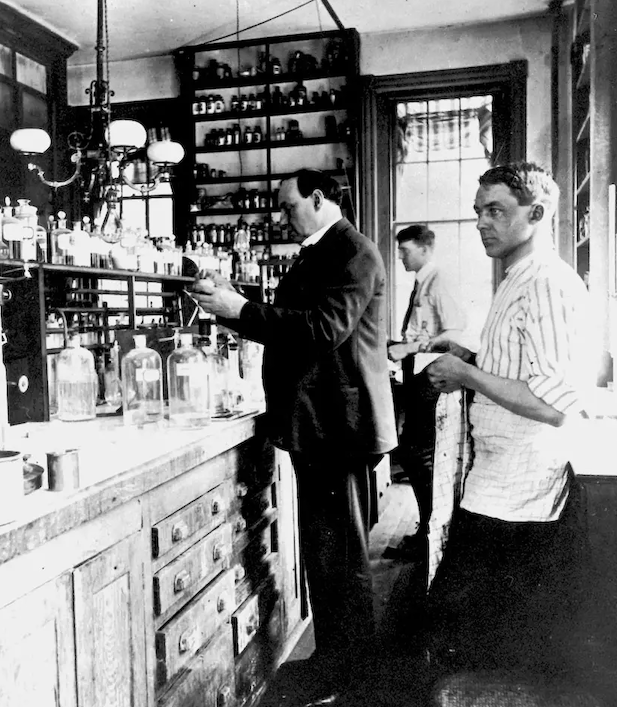
Wiley taught for many years at Purdue but began to expand his concerns beyond academia. Beginning in 1880, he protested against the practice of adulteration in fertilizers and in food. At the time, Indiana regulated the manufacture and sale of commercial fertilizers, and in 1881 Wiley was appointed state chemist to analyze the contents of these products. Two years later he was appointed chemist of the U.S. Department of Agriculture (USDA) Chemical Division.
Food Adulteration: A Crusader for Change
Wiley’s primary job at the USDA entailed crystallizing sugar from sorghum cane as an alternative to sugar cane, but shortly after arriving at the department he allocated funds to developing analytical methods and investigating food adulteration. In 1884 and 1885 he conducted studies on milk, butter, and honey. Two years later the department began publishing Technical Bulletin 13, Foods and Food Adulterants.
For the next several years issues of the bulletin addressed the adulteration of such products as dairy foods, spices, and alcoholic beverages. Recognizing the need for broader public awareness of these issues, in 1890 the department issued Bulletin 25, A Popular Treatise on the Extent and Character of Food Adulterations, which advocated national legislation.
Unfortunately, when Wiley’s sugar experiments ended in 1895, so did the food adulteration work by the USDA. Although a handful of legislative successes had been won in the early 1890s, thanks to the American Society for the Prevention of the Adulteration of Food and others, enforcement of these limited laws was lax, and so Wiley saw the need to persist.
In 1895 he chaired a committee of the Association of Official Agricultural Chemists (AOAC) to develop a national antiadulteration law. The AOAC was originally formed to address the adulteration of fertilizer, but under Wiley’s direction it expanded its interests to the adulteration of food and drugs. In 1897 the committee made its recommendation. The bill it put forward dealt primarily with ensuring honest labeling but also prohibited the use of any harmful adulterant. A number of groups supported this effort, including the National Pure Food and Drug Congress held in 1898.
Wiley presented a key address at this meeting and chaired the legislation committee considering the proposed bill. Though a revised version of this bill was brought to Congress in 1899, no action was taken. The bill was reintroduced the following year, along with several other less comprehensive versions of pure-food legislation.
Widening the Net
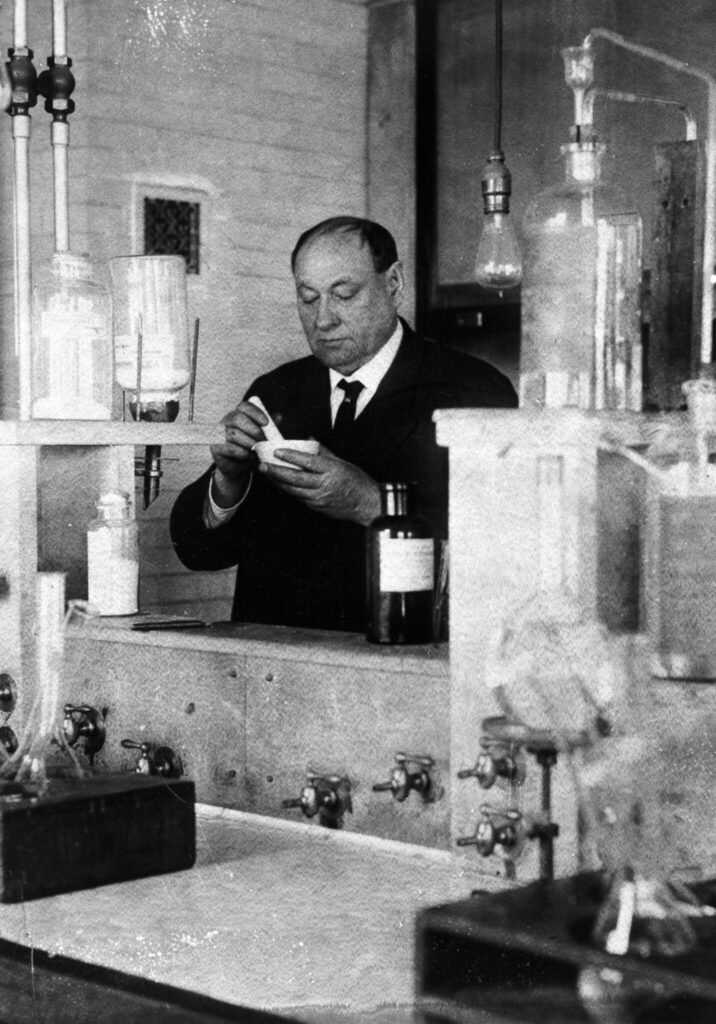
Debate continued over the proposed legislation for several years with little result. Meanwhile, in 1901, the area over which Wiley presided—the USDA’s Division of Chemistry—became the USDA’s Bureau of Chemistry, and a food laboratory was created. In 1902 the USDA was authorized to establish food standards. Although the research required was largely done by the AOAC, Wiley retained his influence and consulted not only manufacturers but also consumers.
The year 1903 brought yet another duty for the USDA: the control of food imports. As the efforts to bring about far-reaching legislation continued, studies conducted by Wiley on the effects of preservatives on the human body became very influential. The first results of these experiments were published in 1904. Newspapers also carried sensationalist articles about the studies, dubbing the experiment’s volunteers the “Poison Squad” and thus capturing the interest of the public.
Although his crusade focused primarily on food adulteration, Wiley’s interests eventually widened into drug adulteration. He spoke on the issue as early as 1903, and when the American Medical Association and the American Pharmaceutical Association banded together in 1905 to form a Council on Pharmacy and Chemistry to combat the adulteration of pharmaceuticals, he joined.
At Last: The Pure Food and Drugs Act of 1906
Wiley was an unceasing advocate of national pure food and drug legislation and considered it his life’s work. While debates in Congress continued for years, Wiley remained in the background, providing information and statistics, lecturing across the nation about the perils of adulteration, and organizing groups—particularly women’s groups—to support the legislation. Finally, with the backing of President Theodore Roosevelt, the landmark Pure Food and Drugs Act was passed by Congress in 1906 and signed into law. The bill prohibited adulteration and misbranding of food and drugs and was the most comprehensive legislation of its kind in the United States.
After the bill was passed, Wiley continued his advocacy of the issue, emphasizing the need for strict standards in product labeling. After leaving the USDA in 1912, he became director of the Good Housekeeping Bureau of Foods, Sanitation, and Health.

